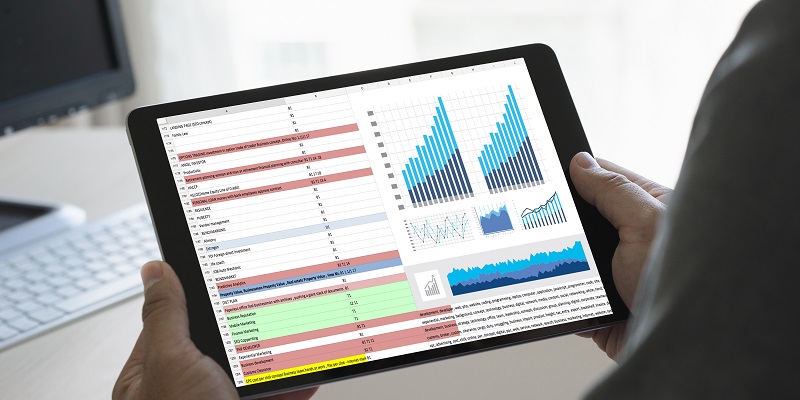The business world has experienced rapid transformations in the era of digitalization, and human resources management is no exception. People analytics, also known as HR analytics, have revolutionized the way organizations manage their workforce.
People analytics is the use of data, technology, and analytics to derive actionable insights. With this practice, companies can evaluate their workforce’s performance, identify areas of improvement, and develop strategies that promote employee productivity, job satisfaction, retention, and engagement.
The importance of people analytics
Organizations can leverage people analytics to identify causal relationships and predict future outcomes based on historical data. Predictive modeling helps companies spot trends, anticipate hiring and retention challenges, and manage workforce planning efficiently. With people analytics, companies can foster an analytical approach to HR decision-making, which reduces bias and promotes objectivity.
The Benefits of People Analytics
People analytics can help reduce turnover and absenteeism, and improve performance and productivity. By analyzing employee data, companies can assess individual and team performance, identify factors that contribute to underperformance, and develop strategies to encourage improvements.
“People analytics” can also provide insight into the drivers of employee satisfaction, reduce biases that affect hiring and promotion decisions, and improve diversity, equity, and inclusion efforts. By encouraging data-driven decision-making, companies can improve their workplace culture and create a more inclusive and supportive environment.
The Impact of People Analytics
People analytics have a significant impact on employee satisfaction, diversity, equity, and inclusion efforts, and the reduction of biases. By promoting data-driven decision-making, companies can decrease the impact of biases on HR decisions, resulting in more varied, fair, and inclusive workplace environments.
People analytics also play a critical role in monitoring and managing workforce utilization and deployment. By analyzing employee data, companies can identify workload imbalances, track employee progress, and develop strategies to optimize employee output and improve workloads.
Leadership development and succession planning
People analytics enhances leadership development and succession planning by identifying traits and characteristics of great leaders. With people analytics, companies can create programs that identify and develop leadership potential within the workforce. This proactive approach promotes long-term business sustainability and ensures companies have a robust and capable leadership structure.
Measuring and tracking the impact of HR initiatives
People analytics can help organizations measure and track the impact of HR initiatives on different aspects of employee management. Whether businesses aim to improve employee retention, performance, and productivity, diversity, equity, and inclusion, employee engagement, talent acquisition, or performance management, people analytics inform HR decision-making and reduce the risks of ineffective initiatives.
The Use of People Analytics by HR Professionals
HR professionals can use people analytics to identify trends, spot areas of improvement, and measure the success of HR initiatives. This approach streamlines HR planning, promotes efficient decision-making, reduces risk, and enhances employee engagement.
Introducing Culturate
One of the most significant challenges of people analytics is the implementation process. Gathering and analyzing data manually can be cumbersome, time-consuming, and error-prone. However, organizations can overcome these challenges by utilizing Culturate, a SaaS-based platform that automates people analytics for businesses.
Culturate has features that allow organizations to streamline data sources, automate analysis and present data in a user-friendly interface. By leveraging Culturate, companies can optimize HR decision-making, reduce risk, and promote a more data-driven approach to workforce management.
People analytics are transforming the way organizations manage their workforce. With their ability to identify causal relationships, predict future outcomes, and promote data-driven decision-making, people analytics are a critical aspect of modern HR management. By leveraging Culturate, organizations can streamline the implementation process and take their HR decision-making to new heights.

